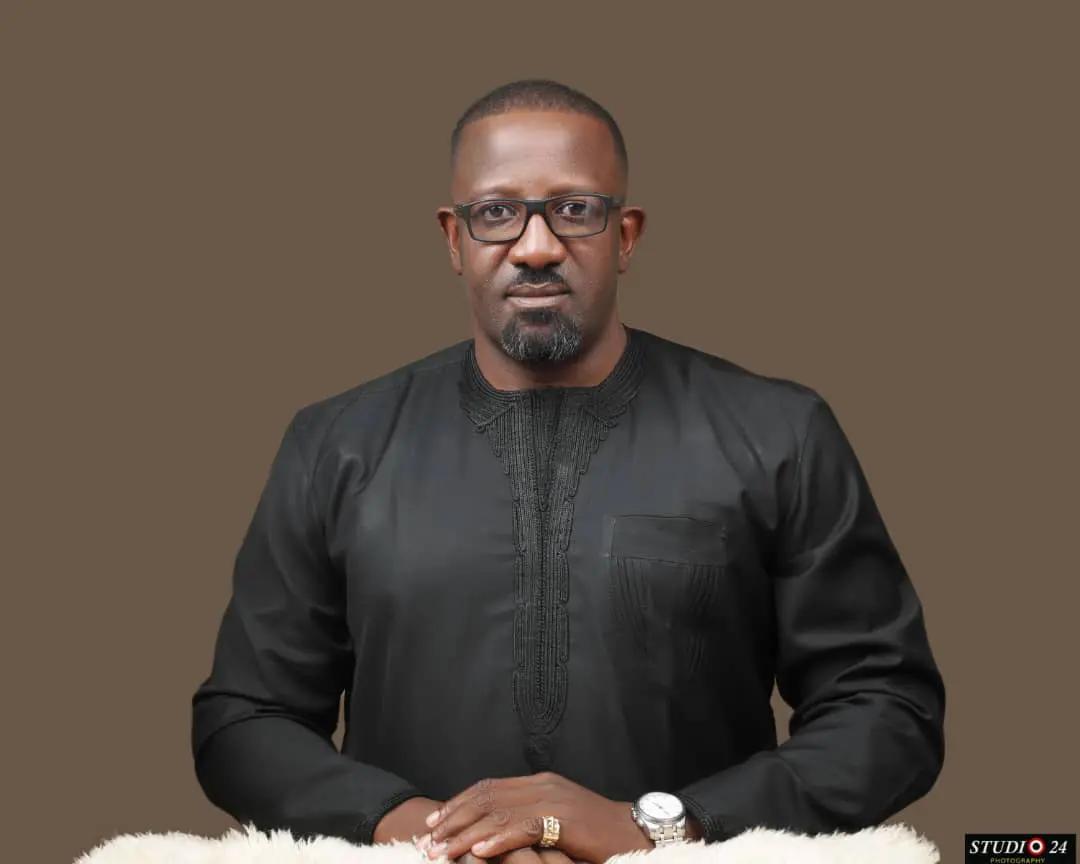
Senior Pastor of Kingdom Light Christian Centre aka, Praise Arena, Dr. Jummy Adetoyese Olagunju has called on the church to champion the need for fair treatment of domestic workers in Nigeria.
Adetoyese-Olagunju said this as the world celebrated Mothering Sunday in Lagos.
He said: “The church needs to focus on the moral and ethical foundations of the day—teaching the importance of kindness, fairness, and respect for domestic workers.
“It should be more than just a celebration of mothers. It should be an opportunity for believers to reflect on how they treat the people who work under them.”
Mothering Sunday, according to Olagunju, has roots that stretch back to the 16th century. It originated as a tradition when children, often sent away from home to work as apprentices or domestic servants, were given a day off during Lent to visit their families and reconnect with their “mother church.”
According to him, “in Nigeria, many domestic workers, including housemaids and caregivers, are often treated unfairly—mistreated, underpaid, and even abused. The day should serve as a reminder to employers to be compassionate and considerate towards their workers. Domestic staff should feel valued, and where possible, given time to visit their families and reconnect.”
Nigeria is a nation rich in both cultural and religious diversity, Olagunju stated that Mothering Sunday could serve as a bridge to unify these different traditions.
“If understood correctly, Mothering Sunday has the potential to bring about much-needed social change. It could remind employers of their responsibility to treat workers with dignity, while also celebrating the vital role of motherhood in Nigerian society,” he added.
“Mothering Sunday can be a platform to promote family values and social welfare. It’s a time to encourage families to be more considerate of domestic workers, perhaps even offering to sponsor their education or vocational training,” Olagunju suggested.
In his view, appreciation for caregivers should extend far beyond wages. “Respect, inclusion, and recognition of their humanity are what matter most. If we can give our domestic staff a sense of dignity, we can help create a healthier, more compassionate society,” he said.
Olagunju stated that the exploitation of domestic workers, particularly children, who are often subjected to grueling labour without adequate remuneration or protection.
“In Nigeria, it’s common for children from rural areas or extended families to be sent to live with relatives in urban centers as housemaids or apprentices. Unfortunately, many of these children are treated poorly, with no real supervision or regard for their welfare. Worse still, some are victims of trafficking or forced labor,” Olagunju pointed out.
He advocated for stronger government regulation to protect underage domestic workers and establish standard wages. Drawing comparisons with the UK’s National Living Wage, Olagunju suggests Nigeria should implement policies that ensure fair treatment for young domestic workers.
Addressing the issue of modern slavery, Olagunju stressed the importance of holding perpetrators accountable while ensuring the protection and rehabilitation of victims.
“There must be a strong legal framework that holds employers and traffickers accountable. At the same time, we must ensure that those affected by exploitation have the opportunity to heal and reintegrate into society,” he said.






